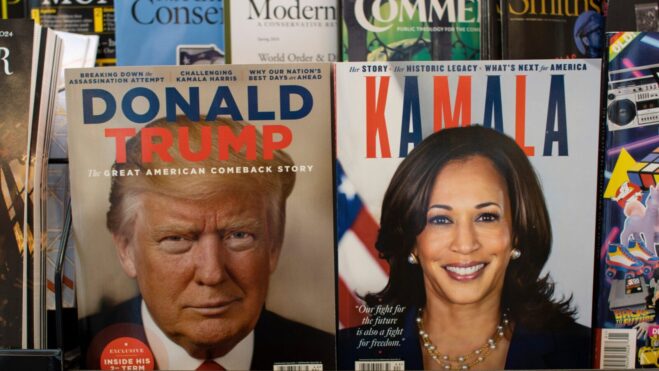Social Casinos And Tech Giants In Court Over Gambling Content Immunity
A Ninth Court of Appeals panel is hearing arguments about whether Google and Apple are responsible for gambling content they host.
3 min

In a landmark case that could redefine the legal responsibilities of tech giants in the digital marketplace, a Ninth Circuit panel is now taking center stage. It could soon determine the extent of immunity that companies like Apple, Meta, and Google have from lawsuits alleging they facilitate illegal gambling through social casino apps available on their platforms.
This legal battle hinges on the interpretation of Section 230 of the Communications Decency Act. Historically, it has shielded platform providers from liability for content published by third parties.
The plaintiffs in the latest debate argue that the tech companies are complicit in illegal gambling by hosting and profiting from these apps. They contend that the platforms’ role goes beyond mere publication of third-party content. They assert that the companies are actively involved in transactions deemed unlawful.
The defense, however, maintains that the platforms are not content creators. Instead, they’re merely facilitators of third-party applications, a stance that has found support in legal precedent.
How they got here
The lawsuits challenge a federal judge’s determination that the companies are protected by immunity under Section 230. The judge, U.S. District Judge Edward Davila, specified that this immunity applies unless the platforms are involved in processing “unlawful transactions for unlawful gambling.”
Despite this ruling, Davila took the initiative to request a review of his findings by the Ninth Circuit Court. Consequently, his ruling has been put on hold pending the decision by the Ninth Circuit panel.
During oral arguments held in San Francisco on Monday, as reported by Courthouse News Service, the tech giants expressed support for Judge Davila’s decision to seek an interlocutory appeal. They urged the panel to dismiss the plaintiffs’ assertions that the platforms’ dissemination of content, such as virtual gaming chips, constitutes unlawful activity.
The companies assert that they function as platforms, not content creators. As such, they merely facilitate the publication of third-party content from gaming apps, similar to their approach with other content creators.
They also contend that the apps hosted on their platforms are not products originating from outside the platform. That distinguishes this case from other litigation involving transactions occurring outside of social network platforms, for which the platforms could potentially be held liable.
Appeals Court at odds
If the court panel rules against the tech giants, it could open the floodgates for a slew of lawsuits challenging the content hosted on these platforms. Conversely, a decision in favor of the companies could solidify the protections afforded under Section 230, reinforcing the legal firewall that has allowed the digital economy to flourish.
A Ninth Circuit decision would not only affect the parties involved but also set a precedent for how similar cases are approached in the future. It would either affirm the status quo, where tech platforms enjoy broad immunity for third-party content, or it will carve out exceptions that could redefine the scope of their legal responsibilities.
However, the court may never weigh in on the matter. Bloomberg Law reported that the panel hearing the case questioned whether it followed proper protocols during the appeals process. As such, the Ninth Circuit Court may not be ready to give it more facetime.
A Section 230 primer
Section 230 of the Communications Decency Act, enacted as part of the Communications Act of 1934, provides immunity to online platforms from being held liable for user-generated content. This legal shield enables platforms to host and moderate content without the risk of facing litigation for what users post. It’s a cornerstone law that has been pivotal in shaping the modern internet. It allows for the free exchange of ideas and information online while giving platforms the discretion to remove objectionable material.
This isn’t the first time Section 230 has been the focus of attention in court. In the case of Doe v. MySpace, Inc., the Fifth Circuit Court of Appeals upheld the decision of the Western District of Texas, which found that Section 230 barred claims for negligence and gross negligence against the social networking site.
The case involved a minor who misrepresented her age on MySpace and was subsequently assaulted by an adult user of the site. The court’s decision emphasized the immunity provided to internet service providers under the statute, preventing them from being held liable for the actions of their users.
Similarly, in Doe v. SexSearch.com, the U.S. District Court for the Northern District of Ohio granted a motion to dismiss the plaintiff’s claims. It ruled that those claims were barred by Section 230 of the Communications Decency Act. The plaintiff had engaged in a sexual encounter with a minor he met through the adult dating site, which led to criminal charges against him.
The claims attempted to hold SexSearch.com liable for inadequate monitoring, screening, and deletion of content. However, the court found that the site had protection under Section 230.





